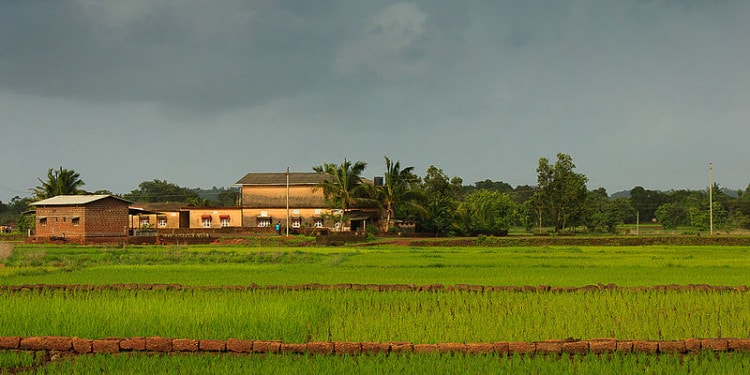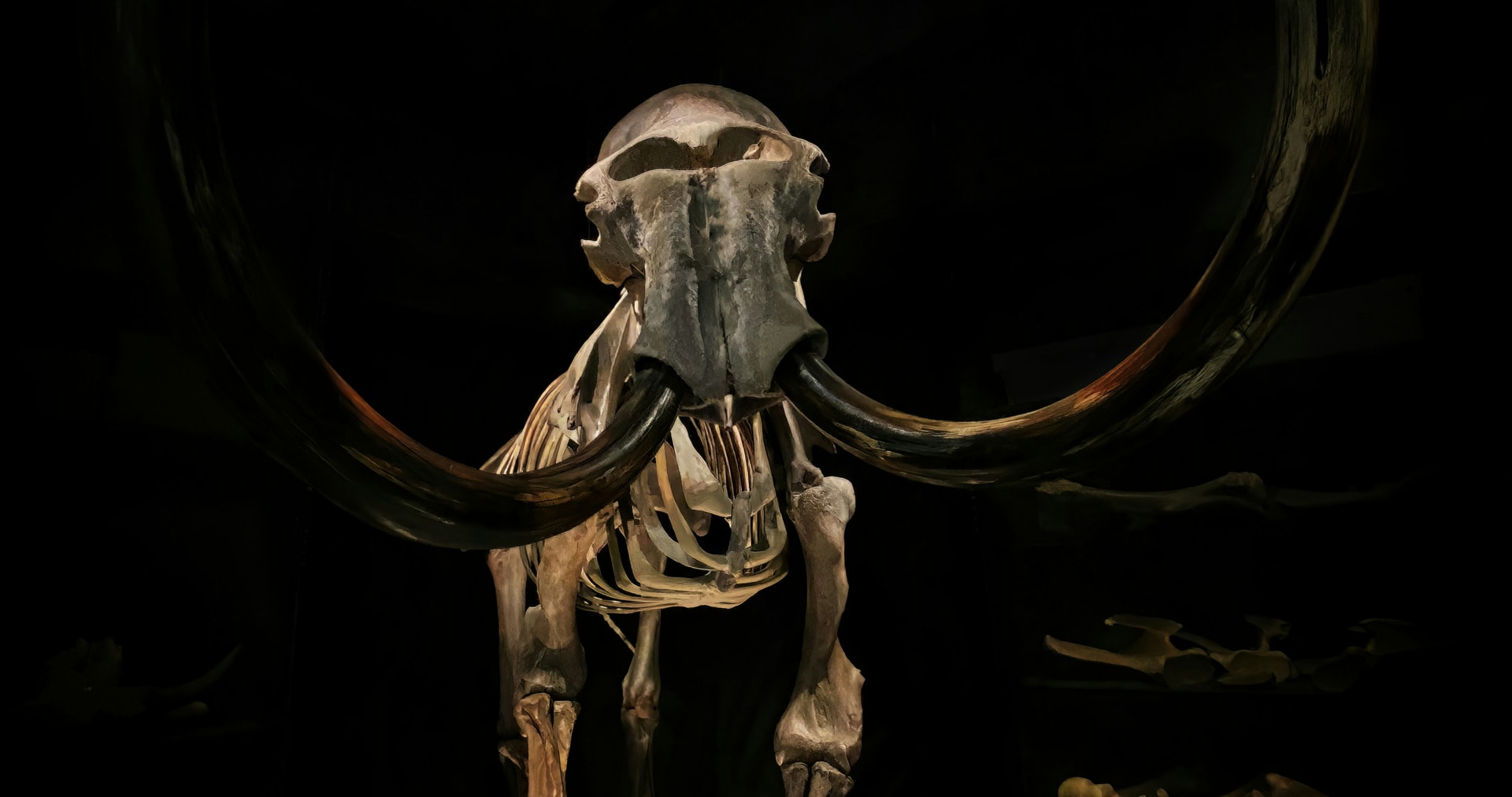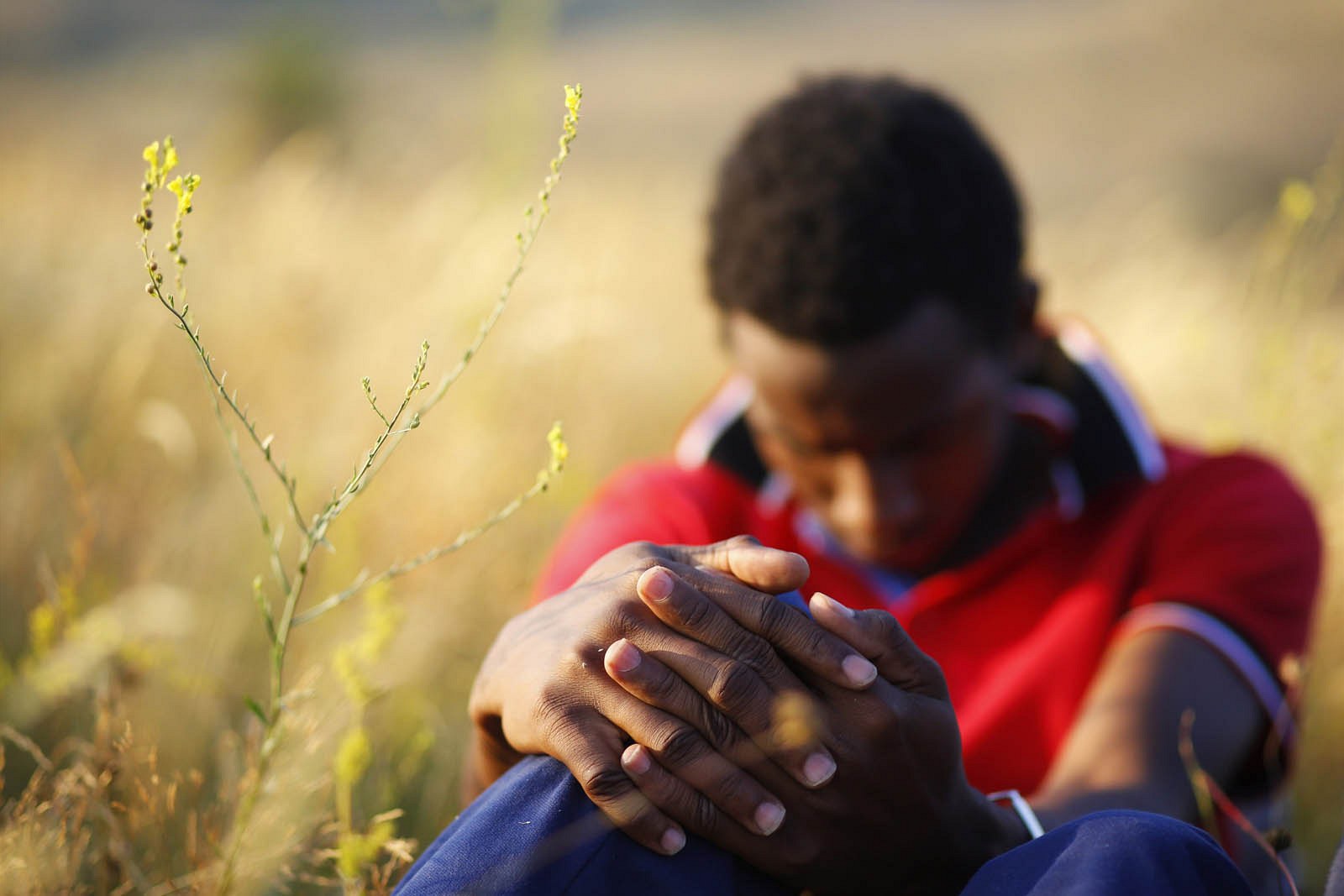![]() This article is part of our Editorial Series called “GFAR impakters”. This is done in partnership with GFAR – The Global Forum on Agricultural Research and Innovation – For more follow on Twitter: #GFARImpakters or view here.
This article is part of our Editorial Series called “GFAR impakters”. This is done in partnership with GFAR – The Global Forum on Agricultural Research and Innovation – For more follow on Twitter: #GFARImpakters or view here.
On 23rd July 2018 at my institute that is part of the Indian Council of Agricultural Research (ICAR), I attended the inaugural WHONET hands-on laboratory training sponsored by the UN Food and Agriculture Organization (FAO) and USAID, that was focused on antimicrobial susceptibility testing and data management. WHONET is a free software developed since 1989 by the World Health Organization (WHO) Collaborating Centre for Surveillance of Antimicrobial Resistance. That day the Indian Network for Fishery and Animals’ Antimicrobial Resistance (INFAAR) was also launched in the presence of FAO and WHO officials.
 Pictured: WHO-NET Laboratory Photo Credits: IVRI
Pictured: WHO-NET Laboratory Photo Credits: IVRI
Antimicrobial Resistance (AMR) is currently amongst the top priorities for WHO, OIE, FAO and many countries including India. The UN has warned that antibiotic resistance is a ‘crisis we cannot ignore,’ calling for the responsible use of these medicines. The United Nations reinforced the high importance of AMR by discussing it at the 2016 UN General Assembly.
ICAR, and its institutes such as the Indian Veterinary Research Institute where I work is constructively engaged with national and international efforts to tackle AMR, including initiatives such as the Identification of Research Priorities in Veterinary sector for Antimicrobial Resistance’. The WHONET laboratory happened to be one such momentous occasion at my institute, where training on antimicrobial susceptibility testing and data management was organized. I am proud to say that this is just one of many trail-blazing activities that we are conducting at this institute.
 Pictured: A birds-eye view of IVRI Photo Credits: IVRI
Pictured: A birds-eye view of IVRI Photo Credits: IVRI
While listening to experts on AMR explaining its importance for men and animals alike, I pondered what it would have been like at the Mukteshwar campus of ICAR, where this institute was born in 1889. Since the then-British government established the Imperial Bacteriological Research Laboratory at Mukteshwar campus of present day ICAR-Indian Veterinary Research Institute (IVRI) so much has happened around the world, in India and at my institute. Our institute was originally founded to control and eradicate cattle plague (Rinderpest), a dreaded animal disease. This has now been eradicated from the world, thanks to the collective actions of FAO, OIE and national veterinary services around the world, including the tremendous contributions of my institute.
 Pictured: The historic main building of IVRI constructed in 1893 on Mukteswar Campus Photo Credits: IVRI
Pictured: The historic main building of IVRI constructed in 1893 on Mukteswar Campus Photo Credits: IVRI
 Pictured: The foundation stone of the institute Photo Credits: IVRI
Pictured: The foundation stone of the institute Photo Credits: IVRI
The institute has since focused its attention on tackling several other diseases as well as pushing various livestock productivity and livelihood enhancement programmes. We have been contributing to global efforts to control diseases that have significant economic implications. For instance, we are part of global strategies to control and eradicate Foot and Mouth Disease (FMD) and PPR, two diseases which can only be controlled by developing effective vaccines and vaccinating the susceptible populations. I am proud to say again that our institute is at the forefront in combating these two animal diseases.
Our work is not limited to research in laboratories, as we reach out to the farmers on the ground as well. IVRI organizes trainings both for farmers and also for those who train farmers. We impart practical skills to rural youth through mentoring programmes, and the upskilling of farmers have improved their productivity and therefore their capacity to generate higher profits. The Krishi Vigyan Kendra (KVK) of the institute has helped many youths to turn into successful agri-preneurs over the years. The research, extension and outreach efforts of the institute focus on enhancing livelihoods through skill development training of women and youth. This contributes to various social development goals such as creating a means to end poverty and working towards zero hunger, quality education, gender equality as well as decent employment and economic growth.
 Pictured: A training session for rural youth Photo Credits: IVRI
Pictured: A training session for rural youth Photo Credits: IVRI
 Pictured: An institute outreach program targeted towards women Photo Credits: IVRI
Pictured: An institute outreach program targeted towards women Photo Credits: IVRI
Some of the youths are further trained by us on vermin-composting. Piggeries, fisheries, and even medicinal and aromatic plant nurseries are some examples of well established agripreneurs which now act as role models for other local youths. These success stories (Nihal, Prateek, Dharmendra and Amar Singh) are well documented both through print publications and through online videos, and IVRI regularly utilizes their services in motivating other young boys and girls. Over the last two months, with the active collaboration of these agri-preneurs, we have celebrated World Youth Skills Day on July 15 and UN International Youth Day (August 12), which both highlight the invaluable role of the youths in agriculture who will be the future farmers.
 Pictured: Vermin-composting training Photo Credits: IVRI
Pictured: Vermin-composting training Photo Credits: IVRI
Feed and fodder play important roles in animal productivity. Further, value addition in milk and meat offers opportunities for entrepreneurship and the income enhancement of the rural poor. Our institute has also made significant efforts in these areas by making value-added livestock products and innovative feed supplements such as animal chocolates. Fodder availability is a big challenge in the Indian livestock sector, and IVRI is engaged in meeting this challenge by promoting Napier hybrids for around-the-year fodder availability.
 Pictured: Napier fodder slips being distributed to farmers Photo Credits: IVRI
Pictured: Napier fodder slips being distributed to farmers Photo Credits: IVRI
Apart from livestock research, our institute also furthers higher education in almost all the disciplines of veterinary sciences. The students passing out from IVRI go on to work in research institutions, universities, development departments, veterinary services and the private sector.
Coming back to AMR, we have assigned a high priority to this global threat, especially from the livestock front. In recent years, the IVRI has organized workshops, awareness camps, and training programmes for veterinarians and farmers to improve their capacity to tackle AMR. I believe strongly that the WHONET hands-on laboratory sponsored by FAO, USAID and the Indian Network for Fishery and Animals’ Antimicrobial Resistance (INFAAR) launched today at our institute, under the umbrella of the Indian Council of Agricultural Research, will have a synergistic effect in combating the AMR, both in men and in livestock.









